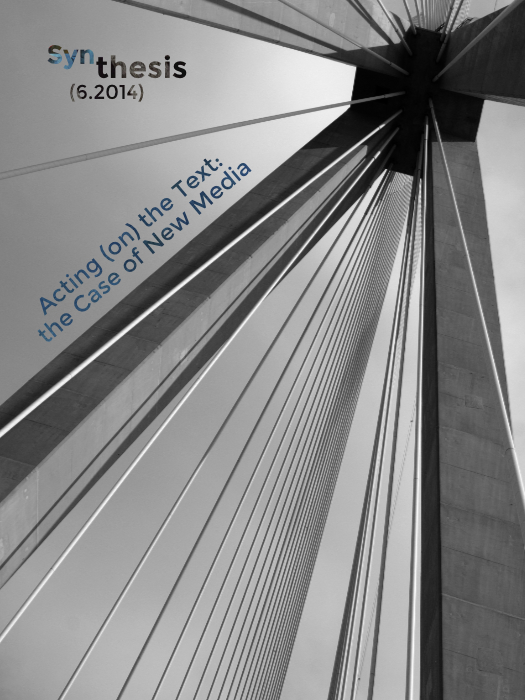When Players Feel Helpless: Agentic Decay and Participation in Narrative Games
Abstract
The ergodic (participatory) element of games is often cited as the core barrier to overcoming a perceived divide between good ludic (gaming) design and powerful storytelling. The present study examines two Indie games, Braid and Actual Sunlight, and their nuanced treatment of player participation in service of effective storytelling. These games in particular test the limits of player agency by asking the player to make ethically and morally problematic decisions, such as killing the main character, en route to completing the narrative. Such unusual narrative methods allow Braid and Actual Sunlight‗s game designers to unveil the mechanisms that afford, constrain, and ultimately revitalise the player‘s agency within the bounds of ergodic interaction. Narrative here, rather than restricting gameplay, instead enhances it, offering a tragic moment of cathartic relief as the player is exculpated for his or her decisions during the game. The insights drawn from these two examples and larger-studio offerings like Bioshock and Assassin’s Creed suggest a deeply traditional mode of storytelling at work in many narrative video games, an assertion that allows the ludological/narratological divide to be reknit and sets up ergodic media as a whole (video games, physical roleplaying games, interactive books, and more) for critical reconsideration.
Article Details
- Sezione
- Articles

TQuesto lavoro è fornito con la licenza Creative Commons Attribuzione 4.0 Internazionale.
The copyright for articles in this journal is retained by the author(s), with first publication rights granted to the journal. By virtue of their appearance in this open access journal, articles are free to use with proper attribution. Synthesis retains the worldwide right to reproduce, display, distribute, and use published articles in all formats and media, either separately or as part of collective works for the full term of copyright. This includes but is not limited to the right to publish articles in an issue of the Journal, copy and distribute individual reprints of the articles, authorize reproduction of articles in their entirety, and authorize reproduction and distribution of articles or abstracts thereof by means of computerized retrieval systems.




